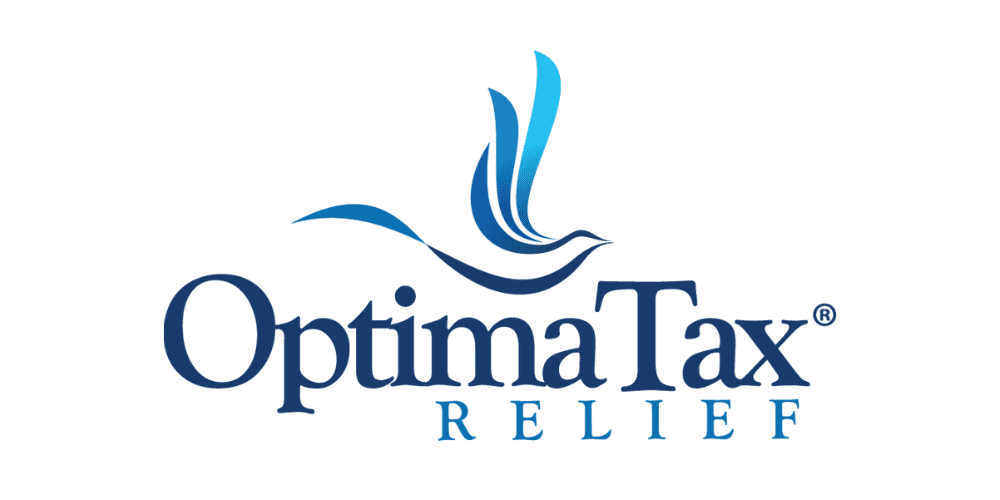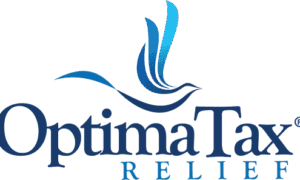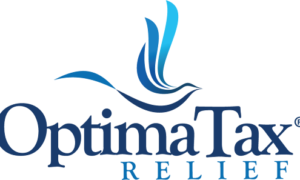In a recent Tax Court case, the true story behind business expenses claimed by TikTok content creators has come to light. The case sheds light on what TikTok isn’t openly sharing with taxpayers about the complexities of deducting business expenses, revealing important lessons for those who earn income through social media platforms. Optima Tax Relief explains the details of the case and reminds taxpayers to confirm validity of any TikTok claims.
The TikTok Video in Question
The Tax Court case specifically mentions the Augusta Rule, otherwise known as Section 80A, which allows homeowners to rent out their home for up to 14 days each year without being required to report rental income on their tax returns. On the other hand, they cannot deduct any associated rental expenses.
The issue is that an ill-advised TikTok video was circulating. The video informs business owners to rent out space in their home for meetings. The business would then pay the owner for rent and claim a deduction. The business lowers their taxable income while the owner of the home receives tax-free rental income.
Gary J. Sinopoli, Jr. And Melissa M. Sinopoli, et al., v. Commissioner of Internal Revenue
In the tax case, a group of taxpayers occasionally met to discuss business matters. They would either meet at a hospital where they worked or at a Planet Fitness center. After some scheduling issues, they decided to meet in their homes. They began paying rent out of the business for the use of their homes for meeting purposes. They then reported the rent as income on Schedule E and excluded it from their gross income.
The IRS began to audit the company’s practices. They found that the taxpayers did not obtain an appraisal of the rental value of their homes for meeting space. Instead, they found the average cost to rent a meeting space and used that figure to calculate rent for each residences’ common areas where meetings were held. At some point, the company began paying each taxpayer a flat rate of $3,000 in monthly rent.
During the audit, the taxpayers could only substantiate 12 meetings one year and nine in the next year. In addition, they could justify their expenses as ordinary and necessary for business operations. The auditor also found that local meeting spaces rented for about $500 for groups much larger than that of the company’s. The auditor allowed $500 in rental expenses to be deducted per meeting and disallowed the remaining deductions the company claimed.
In total, the company deducted $290,900 in rent over less than three years. The IRS found that the company was actually only allowed a total deduction of $16,500.
Conclusion
The Tax Court case involving TikTok content creators serves as a stark reminder that claiming business expenses requires careful consideration, compliance, and documentation. The complexities of the tax code are not readily apparent on social media platforms, and taxpayers must take proactive steps to navigate them successfully. With proper record-keeping, professional guidance, and a commitment to transparency, TikTok creators and all taxpayers can ensure they remain on the right side of the law while maximizing legitimate deductions.



































